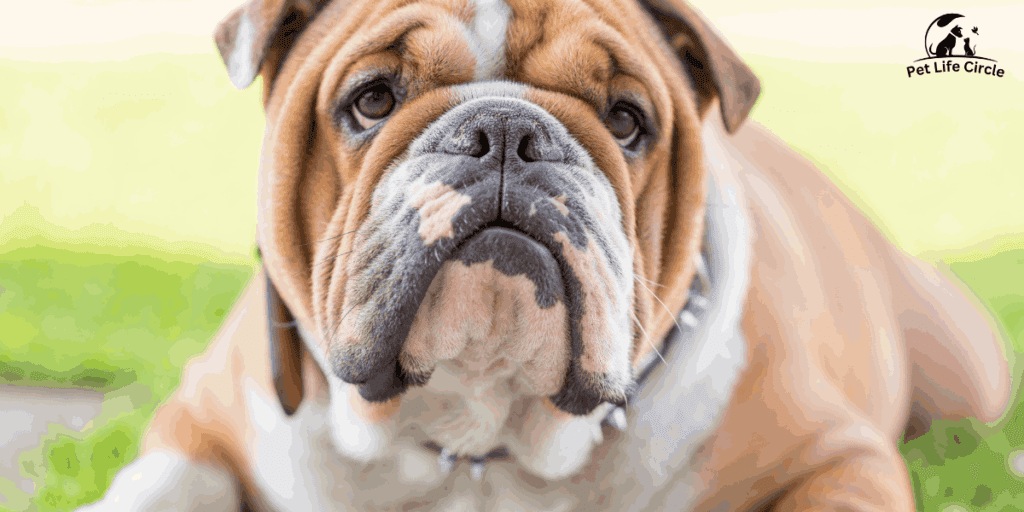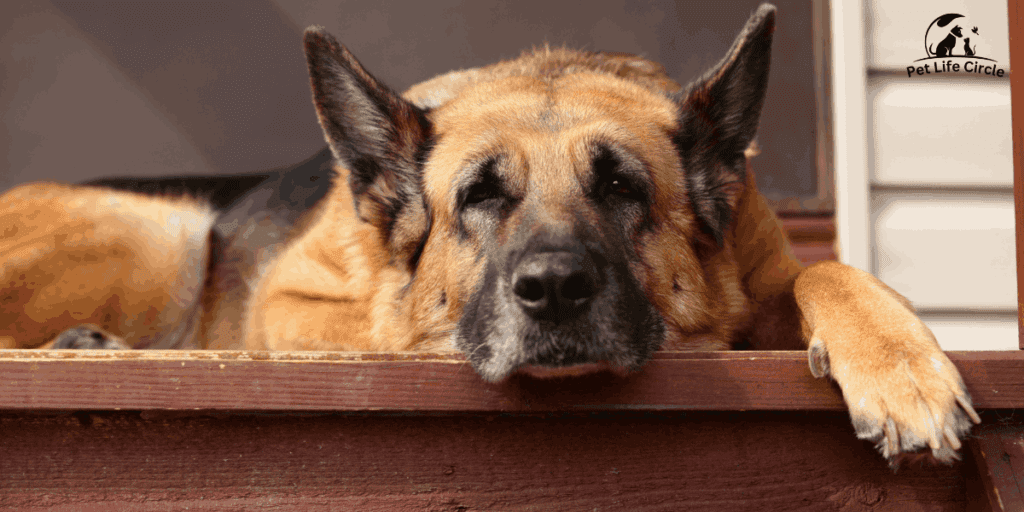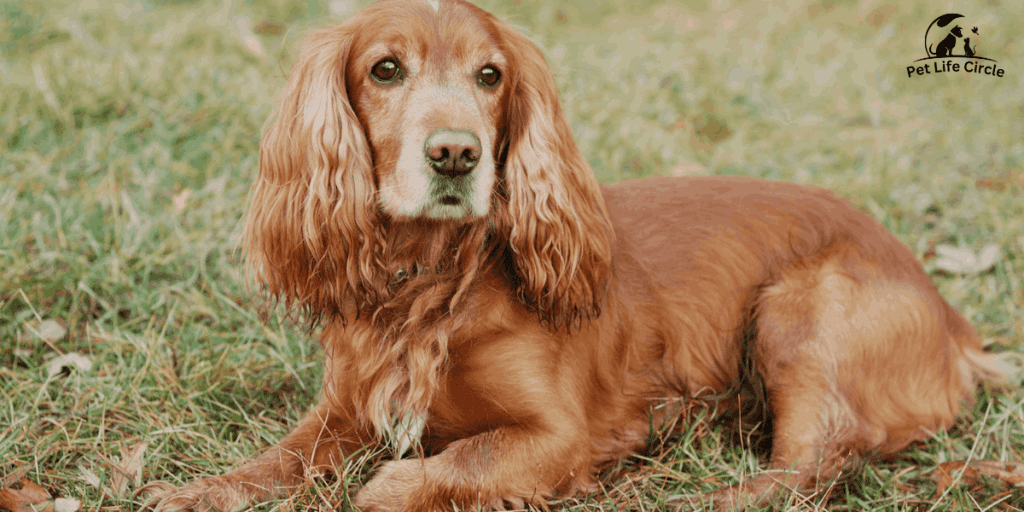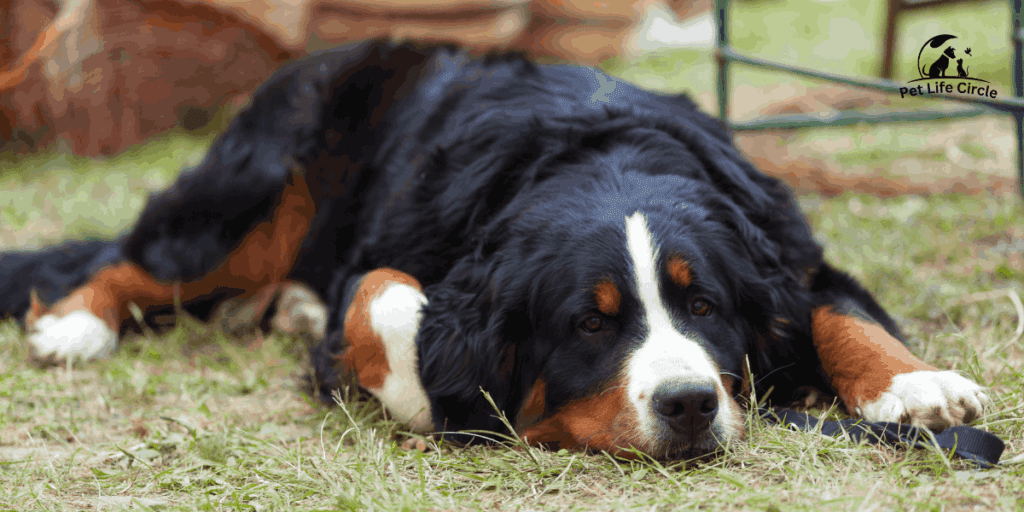Unhealthy Dog Breeds: Hidden Health Risks Every Owner Should Know!
Table of Contents
ToggleWhen choosing a dog, many people may overlook the health concerns of certain breeds. For instance, the Cavalier King Charles spaniels, although beloved companions, often face heart conditions, eye conditions, and even dry eye syndrome due to selective breeding. While these dogs are charming and adorable, their genetic makeup can lead to numerous health issues, requiring extra care and attention from their pet parents. Their respiratory problems and skin infections can significantly impact the quality of life of these dogs. Similarly, other dog breeds with distinct traits and snouts can be prone to diseases and, in some cases, skin folds that cause discomfort. Unfortunately, inbreeding and breeding practices emphasizing certain physical features contribute to these genetic weaknesses. Purebred dogs, like the Cavalier King Charles spaniels, are often caught in health struggles due to these historical practices. These challenges may require vigilant care from their families, but the effort can lead to a stronger bond with these loyal companions.
1. English Bulldog Health Issues and Prevention:

English Bulldogs are known for their squishy, wrinkled faces and stocky build, but their charming appearance comes with a set of health challenges:
- Obesity: This can lead to joint problems, including arthritis and Patellar Luxation.
- Breathing difficulties: They often suffer from snoring and are vulnerable to heatstroke due to short noses.
- Ear infections: Caused by short ear canals and floppy ears.
- Skin infections: Wrinkles and skin folds require regular cleaning.
- Heart disease: Genetic factors make them prone to heart issues.
- Cherry Eye: The prolapse of the third eyelid’s tear gland.
Care Tips:
- Regular vet checkups monitor joint issues and heart health, especially as they age.
- Maintain a healthy weight to avoid obesity-related conditions.
- Ensure proper pain management and avoid overexertion to ensure comfort.
2. German Shepherd Health Challenges and Care Tips:

German Shepherds are known for their intelligence and loyalty, but they are also prone to several health issues:
- Hip and elbow dysplasia: Joint problems that can cause pain and discomfort.
- Heart disease and gastrointestinal issues: Including bloat, which can be life-threatening.
- Genetic conditions: Such as dwarfism and seizures.
- Arthritis: Common as they age, leading to pain and mobility issues.
Care Tips:
- Provide a high-quality diet and maintain proper weight.
- Regular exercise to ensure joint health and prevent obesity.
- Routine vet visits for early detection of genetic conditions and other health concerns.
3. Great Dane Health Challenges and Care Tips:

Great Danes are gentle giants but prone to several health issues due to their size:
- Dilated cardiomyopathy: A heart condition that weakens the heart and can shorten lifespan.
- Osteosarcoma: An aggressive bone disease.
- Arthritis: This can lead to painful, swollen joints.
- Growth rate issues: We need careful monitoring to prevent mobility problems from excessive calcium intake.
Care Tips:
- Regular vet checkups to monitor heart and bone health.
- Ensure a balanced diet to support proper growth and weight.
- Limit excessive physical exertion to avoid joint strain.
4. Dachshund Health Challenges and Prevention:

Dachshunds are known for their long bodies and short legs, which can lead to several health problems:
- Intervertebral Disc Disease (IVDD): Causes pain, paralysis, and neurological issues.
- Obesity: Can worsen joint problems and back issues.
- Dental issues: Crowded teeth and small mouths require special attention.
- Eye problems, Such as progressive retinal atrophy and cataracts.
Care Tips:
- Keep your Dachshund at a healthy weight to reduce back strain.
- Regular vet checkups and early detection of IVDD and other issues.
- Brush teeth regularly and provide dental chews for oral health.
Also, early detection is key. Eye problems like progressive retinal atrophy and cataracts may develop.
5. Cocker Spaniel Health Concerns and Care:

Cocker Spaniels are affectionate dogs but can face several health issues:
- Ear infections: Due to floppy ears and predisposition to otitis media.
- Eye problems: Including cataracts and progressive retinal atrophy.
- Musculoskeletal issues: Such as hip dysplasia, luxating patella, and arthritis.
- Heart conditions: Including mitral valve disease and pancreatitis.
Care Tips:
- Clean ears regularly to prevent infections.
- Maintain a healthy lifestyle with proper exercise and a balanced diet.
- Schedule regular vet visits to monitor for genetic conditions and health issues.
6. Cavalier King Charles Spaniel: Health Challenges and Care

This breed is popular for its sociable nature but is prone to several health issues:
- Heart failure: Often caused by Mitral Valve Disease (MVD).
- Joint issues: Including hip dysplasia and arthritis.
- Eye problems, Such as cataracts, glaucoma, and retinal degeneration.
- Neurological conditions: Like Syringomyelia.
Care Tips:
- Regular vet checkups to monitor heart and joint health.
- Maintain a healthy weight to avoid obesity-related conditions.
- Early detection of eye and neurological conditions through vet visits.
7. Pug: Health Concerns and Care

Pugs are lovable dogs, but they come with a range of health challenges:
- Breathing issues: Due to flat snouts and short noses, they are prone to Brachycephalic Airway Syndrome.
- Eye injuries: Their bulging eyes are susceptible to corneal ulcers and dry eye.
- Obesity: This can lead to joint strain and worsen arthritis.
- Skin infections: Due to the folds in their face, they may develop skin fold dermatitis.
Care Tips:
- Regular vet visits to monitor breathing and eye health.
- Control weight to reduce joint strain and prevent obesity.
- Clean face folds regularly to prevent skin infections.
8. Boxer Dog Health Risks and Care:

Boxers are energetic dogs but face several serious health risks:
- Heart disease: Particularly Boxer cardiomyopathy, which can lead to heart failure.
- Epilepsy: A genetic condition causing seizures.
- Arthritis: Can limit mobility over time.
- Cancer: Including lymphoma and mast cell tumours.
- Bloat: A life-threatening condition known as gastric dilatation-volvulus (GDV).
Care Tips:
- Routine vet checkups to monitor for heart disease, epilepsy, and other conditions.
- Provide a balanced diet and regular exercise.
- Be aware of bloat symptoms and seek immediate care if necessary.
9. Bernese Mountain Dog: Health Concerns and Care

This breed is prone to several health challenges due to its large size:
- Cancer: Including mast cell tumours, mammary cancer, and lymphoma.
- Joint problems, Such as hip dysplasia and elbow dysplasia.
- Thyroid disease, kidney disease, and heart disease.
- Shaking puppy syndrome and degenerative myelopathy: Affecting the nervous system.
Care Tips:
- Maintain a healthy weight to prevent exacerbating joint and heart issues.
- Regular vet visits for early detection of cancer and other conditions.
- Genetic testing and careful monitoring of their health as they age.
10. Chinese Shar-Pei: Health Concerns and Care

The Chinese Shar-Pei is distinctive but prone to a range of health problems:
- Skin infections: Caused by deep wrinkles that require regular cleaning.
- Eye issues: Including cataracts, entropion, and retinal dysplasia.
- Joint problems, Such as hip dysplasia and back pain.
- Shar Pei Fever: A genetic condition causing periodic fevers and inflammation.
Care Tips:
- Regular cleaning of skin folds to prevent infections.
- Maintain a healthy diet and weight to avoid obesity-related joint problems.
- Schedule regular vet visits to manage health concerns like eye and joint issues.
Essential Dog Health and Care Guide
Regular Veterinary Check-Ups:
- Routine vet visits help monitor your dog’s overall health and manage any health issues.
- Ensure your dog is up-to-date on vaccinations to prevent diseases.
- Follow prescribed treatments and medications to address any health concerns.
- Schedule wellness exams and blood tests as part of routine care.
Diet, Exercise, and Mental Stimulation:
- Maintain a balanced diet to support overall health and prevent obesity.
- Regular exercise is recommended to avoid joint problems and promote a healthy lifestyle.
- Mental stimulation through interactive toys and training exercises helps reduce stress and anxiety.
Grooming and Hygiene:
- Regular grooming prevents skin problems and matting.
- Brushing your dog’s coat keeps it clean and healthy.
- Teeth brushing is crucial for preventing dental infections and maintaining oral hygiene.
Mobility and Comfort:
- Consider orthopaedic beds and ramps for dogs with mobility concerns.
- Ensure your dog has a safe and comfortable environment to reduce stress and behavioural issues.
Parasite Prevention and Overall Well-Being:
- Use preventive treatments to protect against fleas, ticks, and heartworms.
- Providing emotional support and love strengthens the bond between you and your dog.
- A stress-free, safe environment helps prevent behavioural issues and promotes overall happiness.
Guide to Selecting a Healthy Puppy for First-Time Owners
Researching the Right Breed:
- Choose a breed that matches your lifestyle and energy levels.
- Some breeds are more prone to health issues, so research potential risks.
- Consult veterinarians and breed clubs for expert recommendations.
Choosing a Responsible Breeder:
- Select a reputable breeder who prioritizes the health and well-being of their dogs.
- The breeder should provide a clean environment and be knowledgeable about breed-specific health concerns.
- Ask for the medical history of the puppy’s parents and request health screenings or genetic tests.
Observing the Puppy’s Behavior and Health:
- Look for a puppy that is alert, active, and sociable.
- Avoid puppies that seem lethargic, aggressive, or overly fearful.
- Conduct a physical examination:
- Clear eyes, clean nose, and ears (no foul odour or excessive wax).
- Healthy coat with no bald patches or excessive scratching.
Preparing Your Home for a New Puppy:
- Gather essential supplies:
- Food and water bowls
- Toys
- Bedding
- Puppy-proof your home by removing hazards and creating a safe space.
- Schedule a veterinary check-up for:
- Vaccinations
- Deworming
- Full health examination
A well-selected, curious, friendly, and confident puppy will become a happy and loving companion for years.
Final Thoughts:
When choosing a dog, it is essential to consider the breed’s personality, appearance, and potential health challenges. While some breeds are predisposed to specific genetic issues, with proper care, many of these challenges can be managed to ensure your dog’s happy and healthy life. Regular veterinary check-ups, a balanced diet, and adequate exercise are key to preventing and managing health concerns. Additionally, being proactive with grooming, parasite prevention, and providing a safe, comfortable environment can contribute significantly to your dog’s overall well-being.
Responsible breeding practices and thorough research are also critical in selecting a healthy puppy, particularly for first-time dog owners. By choosing a breed that suits your lifestyle and finding a reputable breeder who prioritizes the health of their dogs, you set the foundation for a long, fulfilling companionship. Whether you’re considering a playful Boxer or a loyal German Shepherd, taking the time to understand their health needs will allow you to provide them with the best care possible.
Unhealthy Dog Breeds: (FAQs.)
Q: Do they have a brachycephalic face?
Ans: This refers to a flat, short snout, which can lead to breathing difficulties and overheating, commonly seen in breeds like Pugs, French Bulldogs, and Boxers.
Q: Are they prone to joint issues due to their body shape?
Ans: Breeds like Dachshunds have long, low bodies, which can pressure their spine and lead to back problems.
Q: Do they have a high risk of developing certain cancers?
Ans: Some breeds, like Golden Retrievers, have a higher predisposition to specific types of cancer.
Q: Are they large breeds with the potential for hip dysplasia?
Ans: Large breeds like Great Danes and German Shepherds are more likely to develop hip dysplasia, a joint condition.
Q: Do they have any genetic eye issues?
Ans: Certain breeds, like Cavalier King Charles Spaniels, are prone to eye problems like cherry eye or progressive retinal atrophy.



